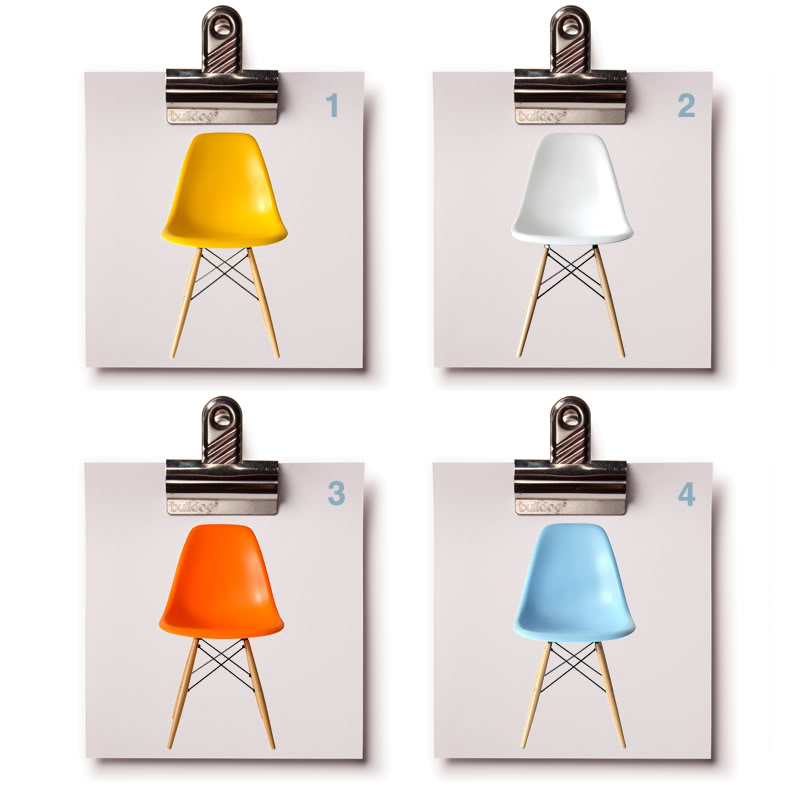There’s more than just one kind of faceted classification. In the world of blogs, authors use labels called tags you’ll see in a list or “cloud.” Tags are actually another form of faceted classification. Bloggers tag each article with words that describe the subject, making it easy to bring up posts with shared themes together. Tags can be very useful, but they’re also free-form entries, which means bloggers type in each tag by hand. This can create problems if the tags deviate accidentally, even slightly. Tagging one blog post under “pet snake” and tagging a related post “pet snakes,” for example, will break down the integrity of the site’s organization. If you have multiple authors working on the same blog, things can get even trickier. For the system to work right, everyone has to tag facets with exactly the same word or phrase, otherwise it’s very easy to lose standardization, which prevents reliable navigation.
MagicLamp doesn’t suffer from these problems because of the way we implement our systems. For our eCommerce framework, we use pre-defined labels instead of free-form fields. Users simply click on the filters they want to apply, leaving no room for keystroke errors or mislabeling.
.jpg)
Our faceted classification systems also work faster than others. When you look at the way platforms like WordPress and Magento implement faceted classification through tags, you can see how the limitations of those system will slow down processing more and more as you develop your site and the data grows. Click a tag for “widgets,” for example, and WordPress does a search across all of your blog entries in the text field called tags for any instances of the word “widgets.” Even for a computer, going through every single blog entry word-for-word can take a long time if you have a lot of information there! The same thing can happen with eCommerce if your product information is organized like a Magento site. MagicLamp sites are different. Since we pre-index every facet, they all become independent vectors, making searches instantaneous. Heavy user traffic is no problem at all.

Accuracy of Classification = Integrity of Navigation.
Your web developer should be able to pick the best style of information architecture for you- one that makes the most sense for your particular business’ merchandising goals and style. At MagicLamp, we’re careful to select the systems that fit best for your type of inventory, giving you the power for optimum results!
> Next: Faceted Classification Part 3: The Power to Merchandise
< Faceted Classification Part 1: The Engine of Good eCommerce